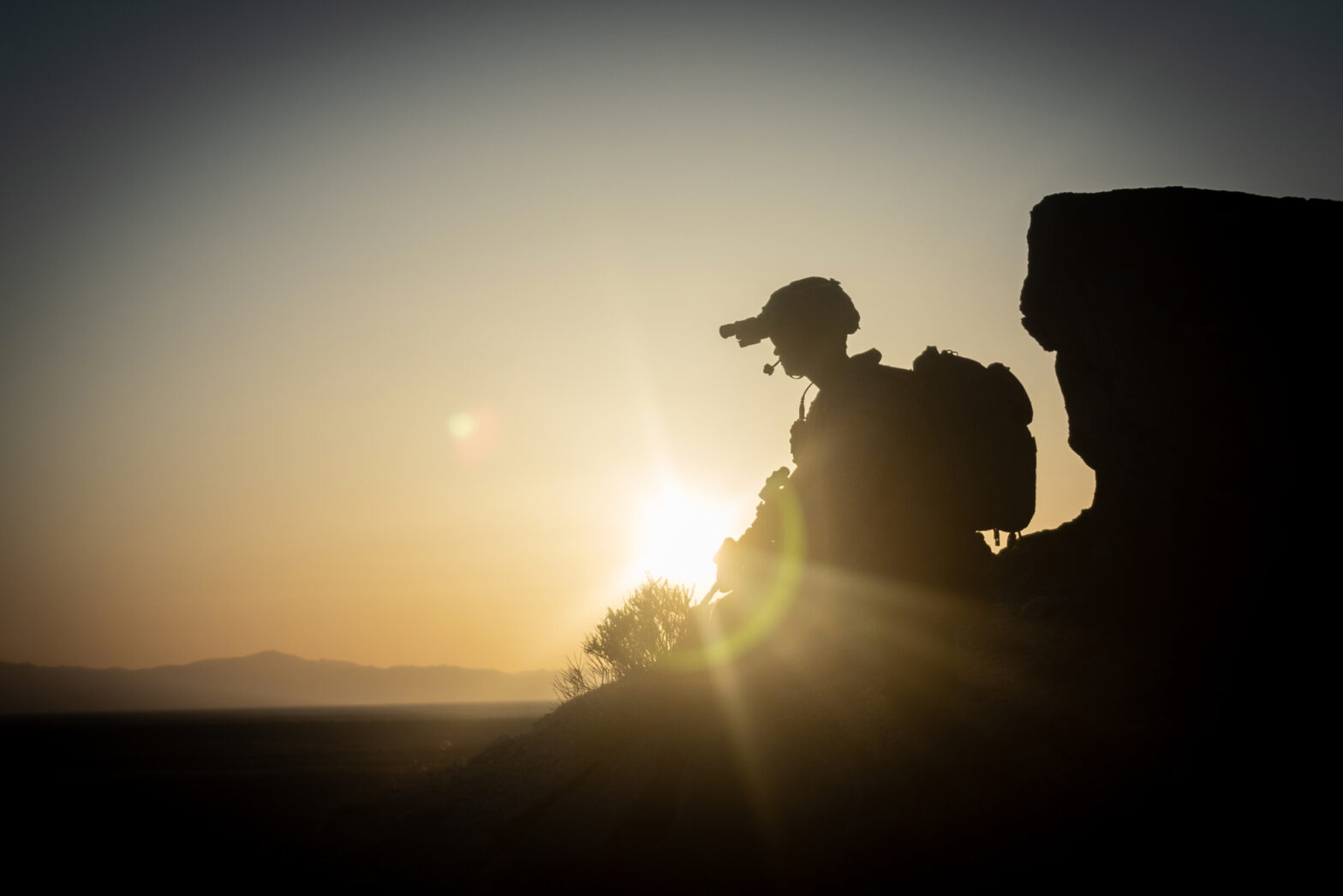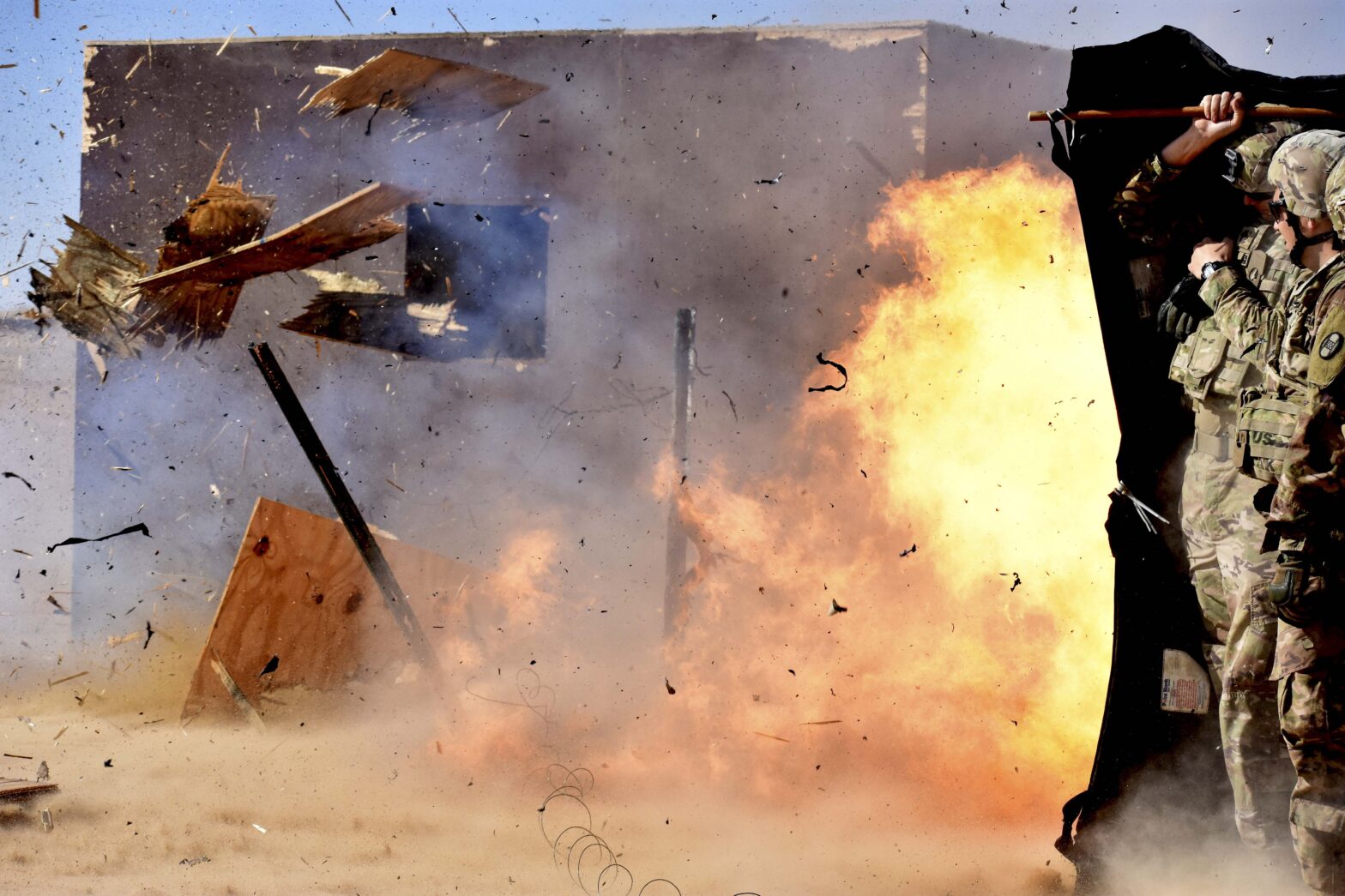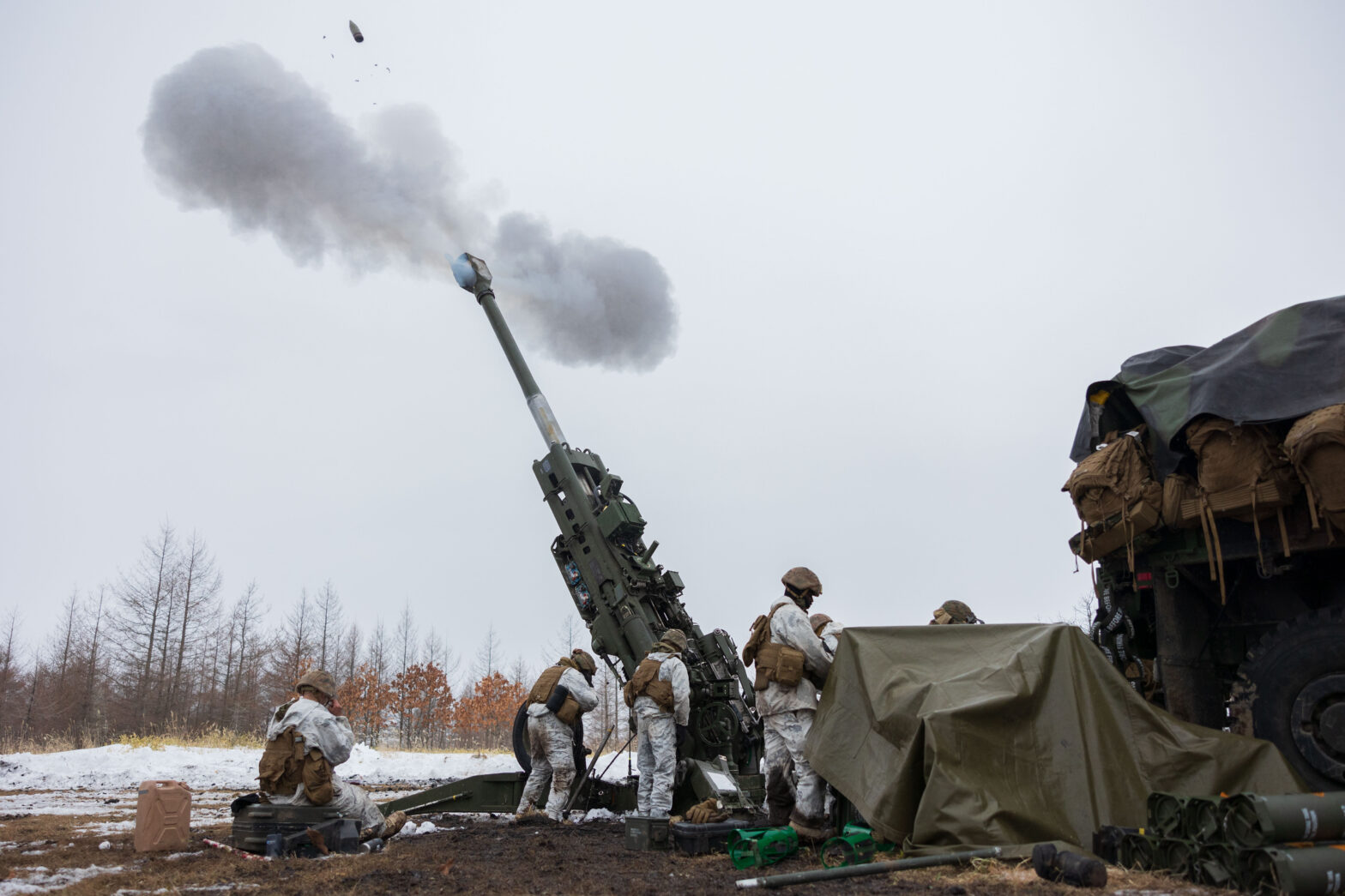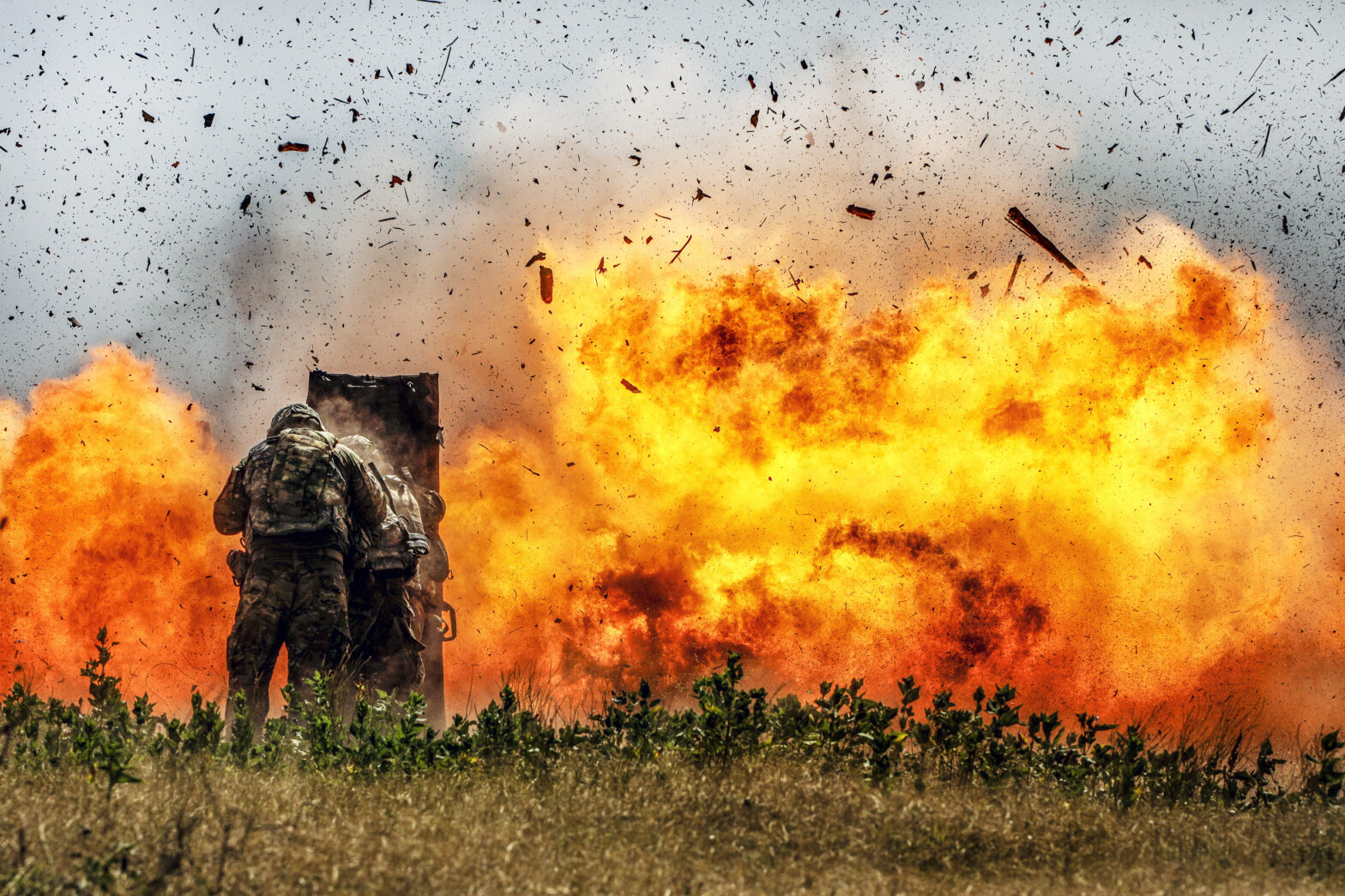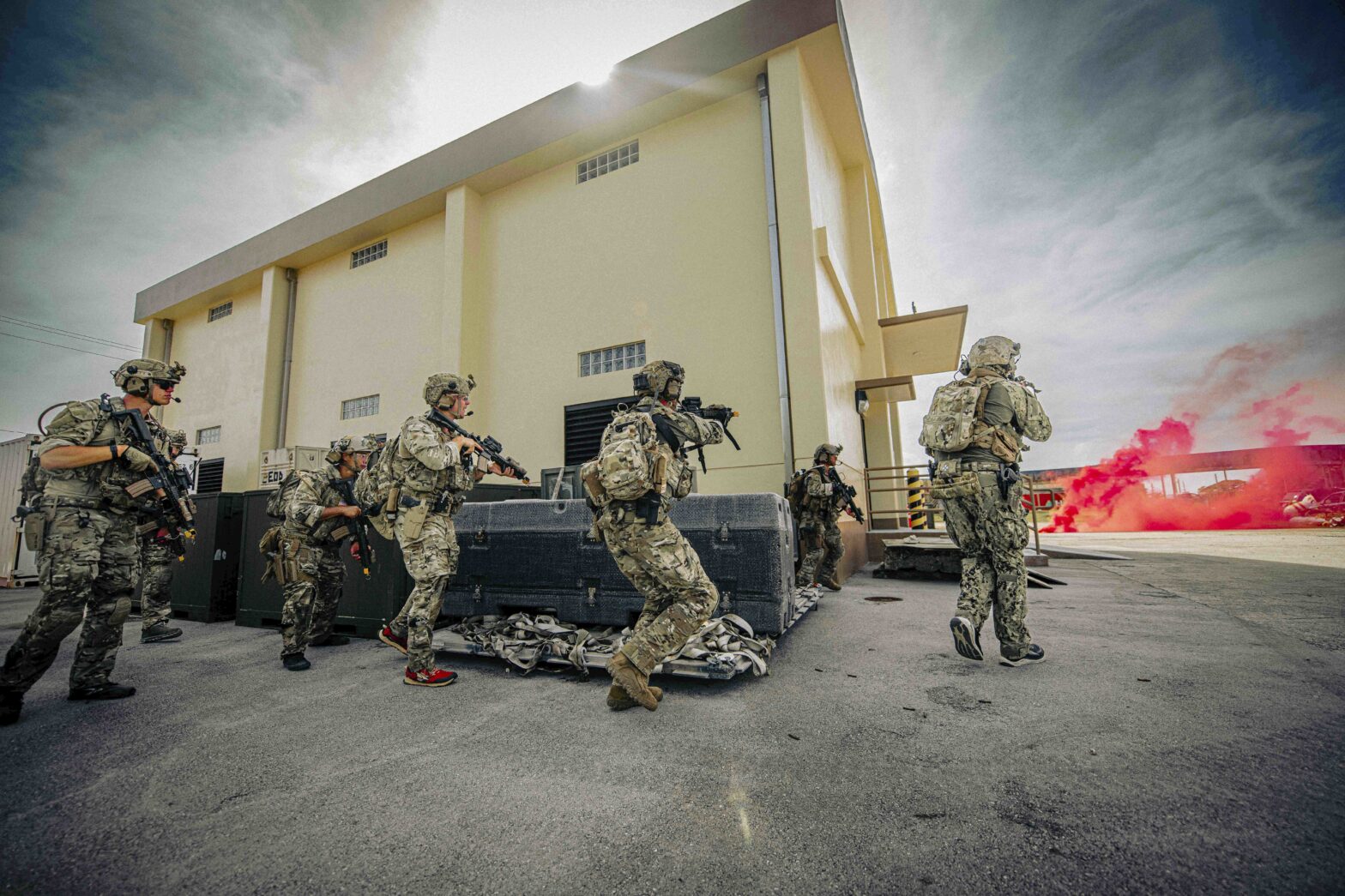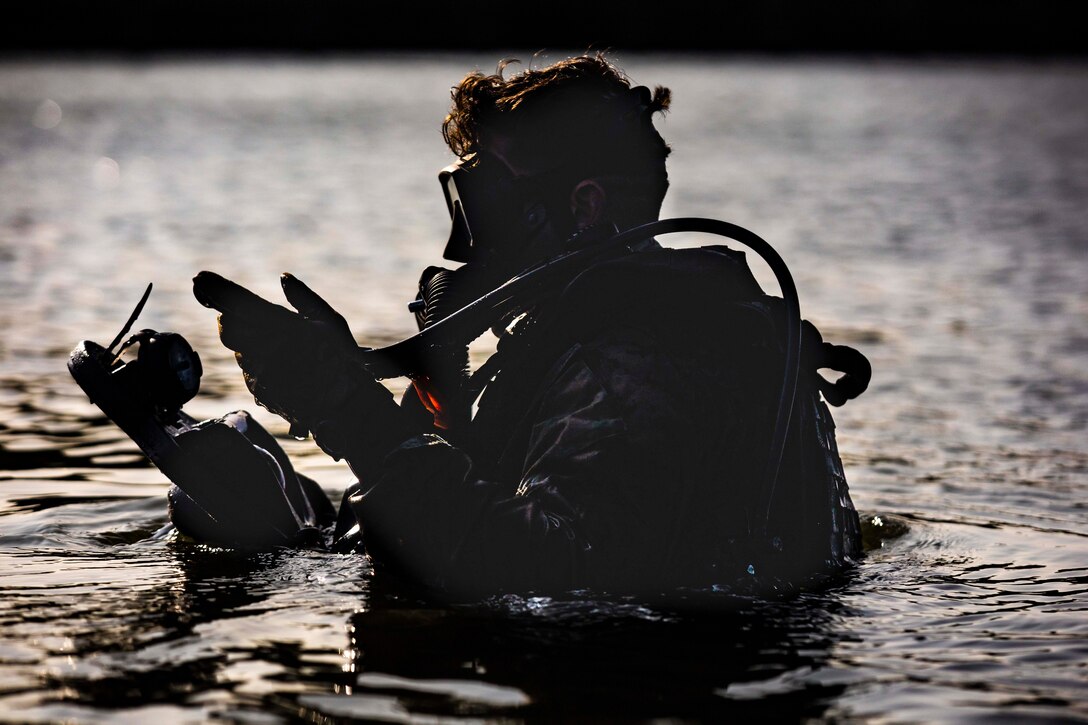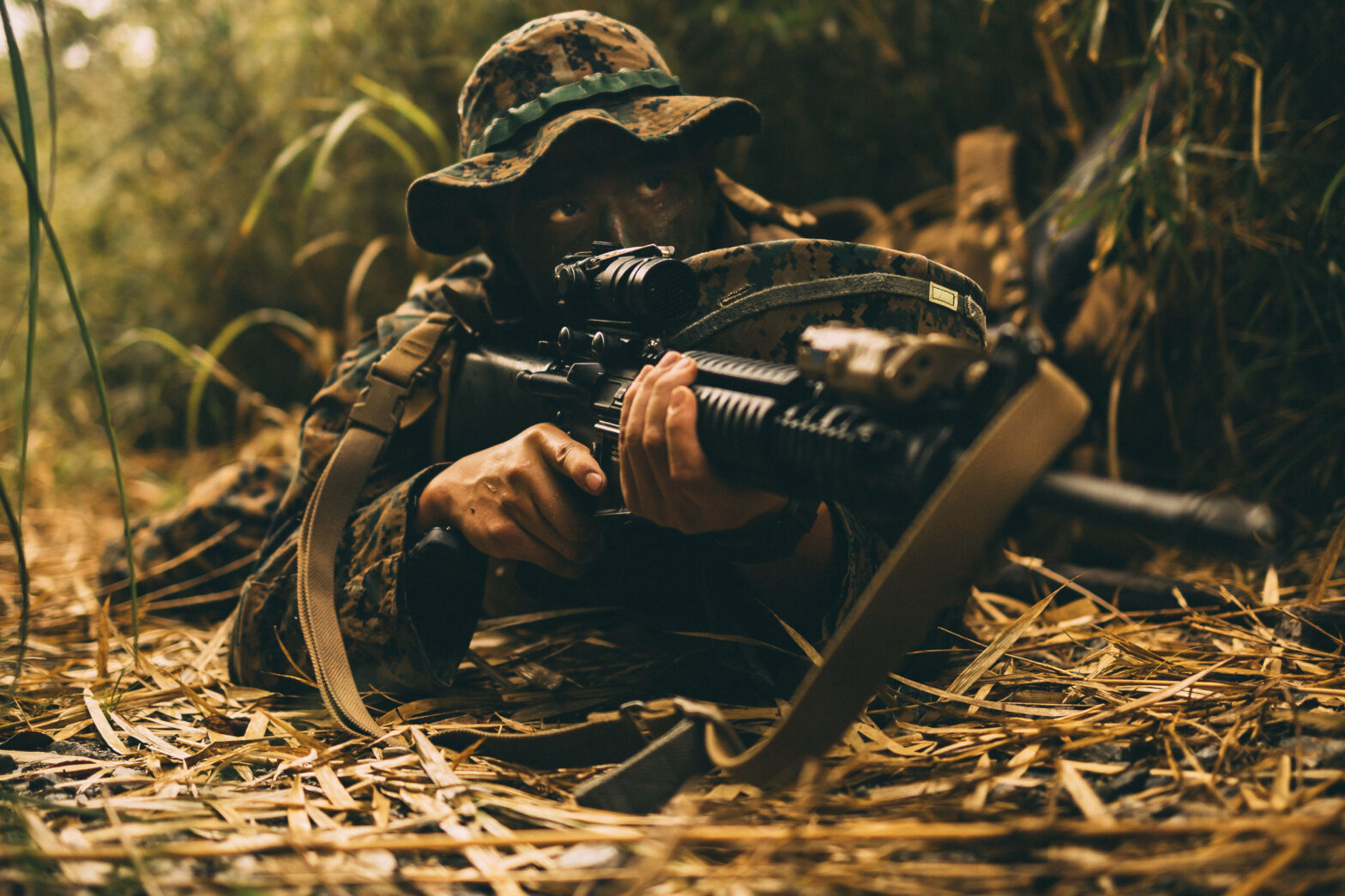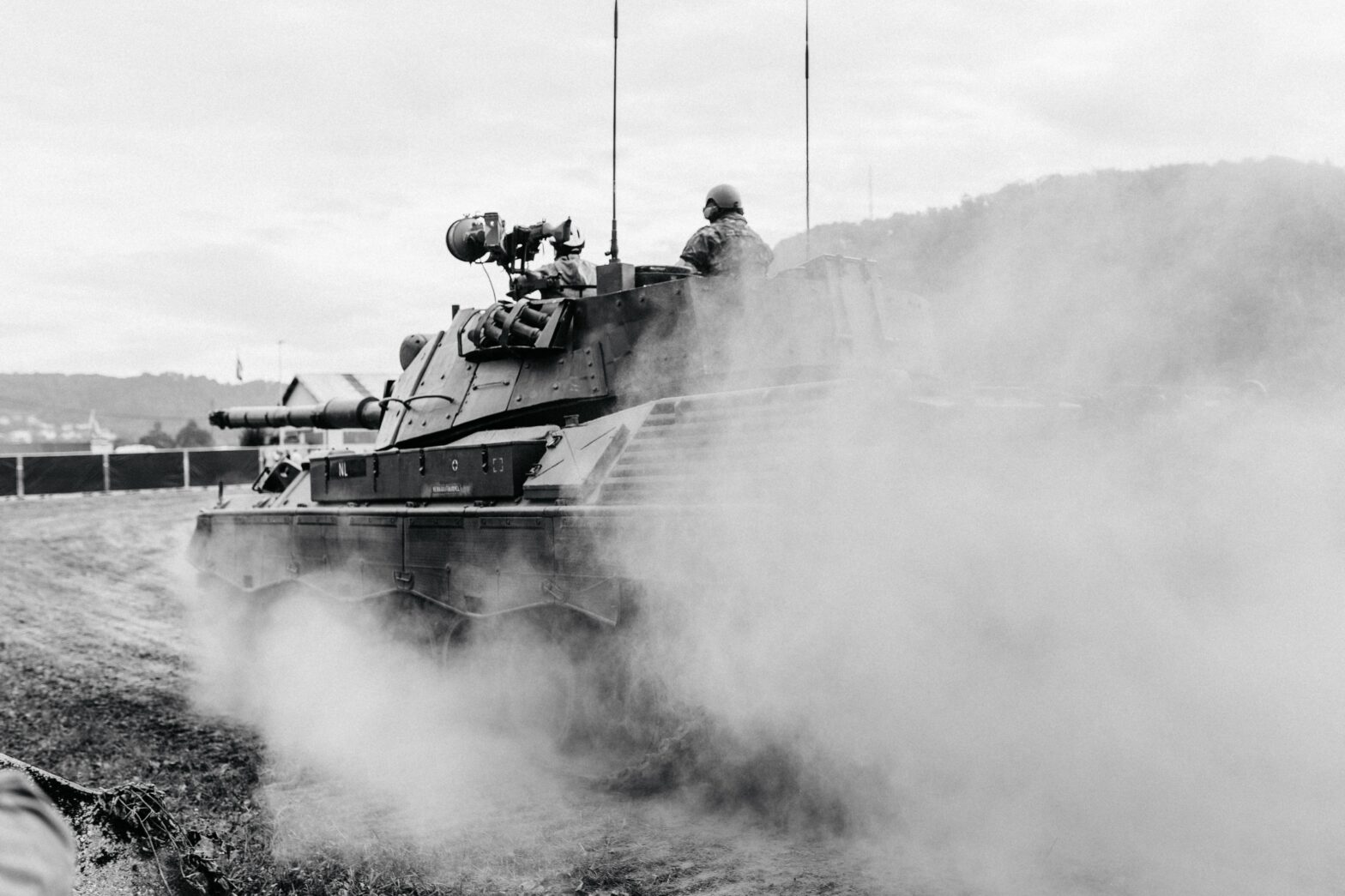There have been many advancements in technology to provide protection from blast exposure, including limiting direct passage through the skull, compression of the torso causing a transfer of kinetic energy to the brain, and through protecting the chest and lungs to reduce hypoxia. [1] Another potential site of blast overpressure transmission is through the ear… Continue reading The Ear and Blast Induced Neurotrauma
Tag: Neurotrauma
5 Years of Brain Scans in Breachers
A recently published study by Glikstein et al. 2024 that conducted serial brain scans on Canadian Special Operations Forces (CANSOF) breachers over five years found significant volume loss, white matter lesions, and enlargement of VR spaces. [1] This study included 92 subjects with an average of 9.4 years of blast exposure. The study includes many… Continue reading 5 Years of Brain Scans in Breachers
Quantifying Blast Exposures
One vital step in addressing the impact of repeated subconcussive exposures on readiness is to monitor and quantify exposures to low-level blasts. There is a DOD program called CONQUER which “…is an operational monitoring program whose main objective is to provide reports to units and commands on the magnitude and frequency of blast exposure during… Continue reading Quantifying Blast Exposures
Blasts and the Ear Canal
Primary blast injury is that due to the overpressure of the blast. Primary blast overpressure can travel through the abdomen, ears, eyes, nose, neck and mouth. The brain, lungs, intestines, eardrum, and peripheral vestibular system are particularly vulnerable to primary blast overpressure. Study by Sandlin et. al 2018 isolated blast overpressure waves to the… Continue reading Blasts and the Ear Canal
Subconcussions and Changes in Brain Communication
One strategy researchers are using to identify subtle impacts of subconcussions is to look at changes in brain functional connectivity. Essentially this is looking at changes in which the brain is communicating. A study done on Canadian Special Operations Forces (CANSOF) included breachers and snipers who had an average of around 10 years of exposure… Continue reading Subconcussions and Changes in Brain Communication
Neuronal Damage Biomarker Rises After SCUBA Diving
Protecting brain health in tactical athletes means we must expand our view to include all potential subconcussive mechanisms, ensuring any MOS, or specialty’s unique neurotrauma exposures are considered. Combat divers are no exception. A study conducted at the Swedish Armed Forces (SwAF) naval base with professional divers recruited from the SwAF, the Swedish Coast Guard,… Continue reading Neuronal Damage Biomarker Rises After SCUBA Diving
Target Vulnerabilities
We know subconcussions can change the way the brain communicates. We also know the specific areas that appear most vulnerable to these exposures – emotion, memory, sleep, sensory systems for situational awareness. [1-3] But the brain remains plastic, meaning roadways aren’t permanent. Even in stroke patients and those with multiple sclerosis, neuroplasticity remains possible. [4-5]… Continue reading Target Vulnerabilities
An Intangible Slowing Down
A 37-year-old male active-duty special operator was referred to me a few years ago who described an intangible feeling of slowing down, particularly in more visually stimulating environments. He was preparing for his retirement, and finally had time to start addressing some issues he ignored or “rubbed dirt on” throughout his career. There was no… Continue reading An Intangible Slowing Down
Blast Exposures and Young Onset Parkinson’s Disease
Subconcussive head trauma are sufficient in increasing vulnerability to developing young onset Parkinson’s Disease. [1] This includes subconcussive blast exposures. [2] There is currently no cure for Parkinson’s Disease. Current medical strategy is to decrease the impact it has on quality of life. As a Physical Therapist I’ve been part of healthcare teams doing that… Continue reading Blast Exposures and Young Onset Parkinson’s Disease
Know Your Neurotrauma: Blast Exposures
As a tactical athlete you are frequently exposed to low level blasts. It is important to know that cumulative exposure to these subconcussive blasts can slowly chip away at your performance and brain health. An important study out of Walter Reed Medical Center has looked at the impact of blast exposures on active duty military… Continue reading Know Your Neurotrauma: Blast Exposures
